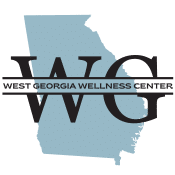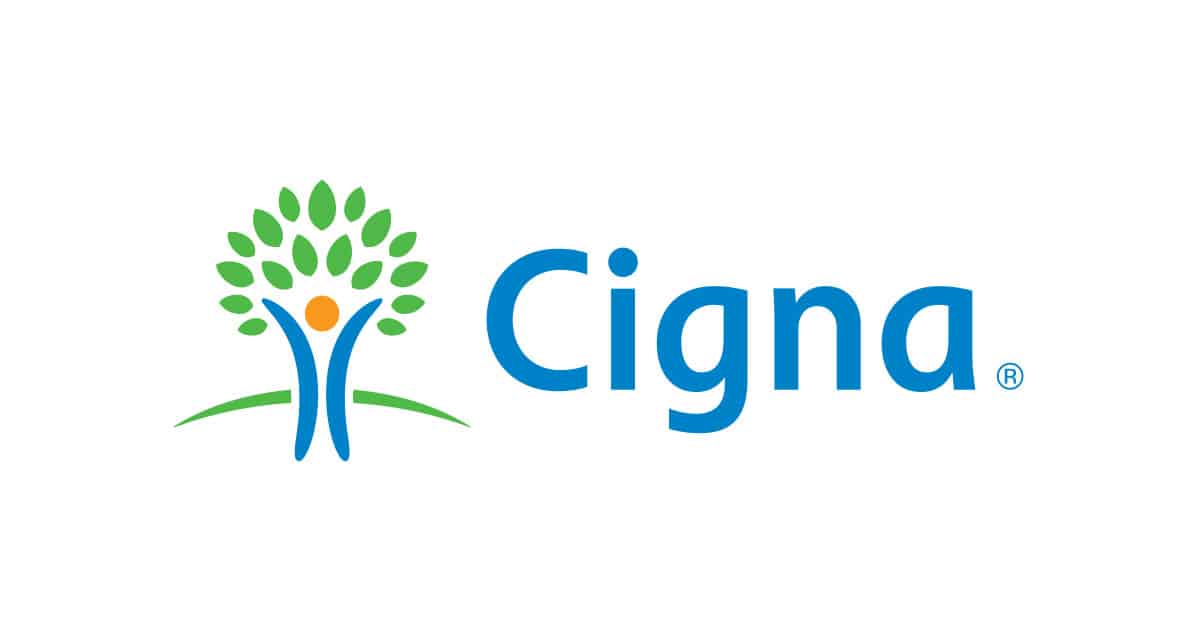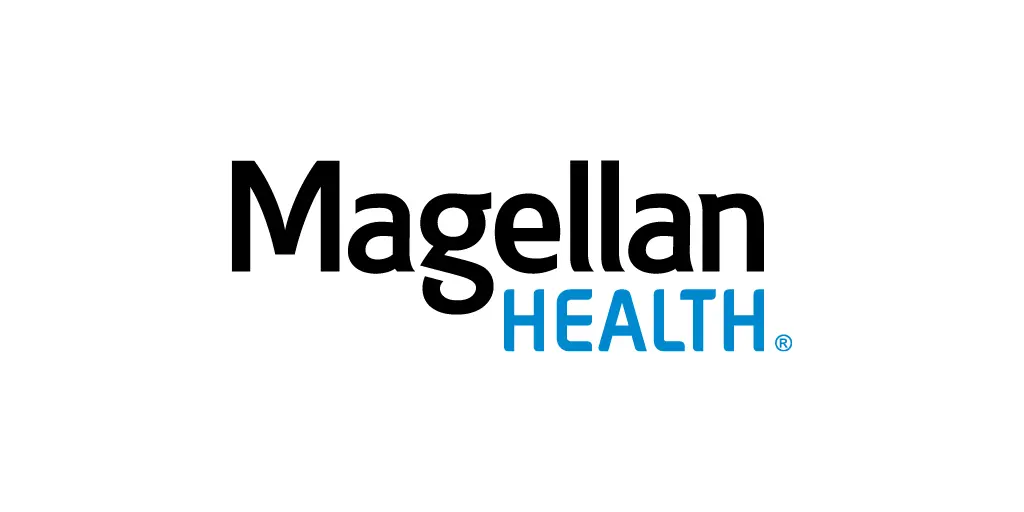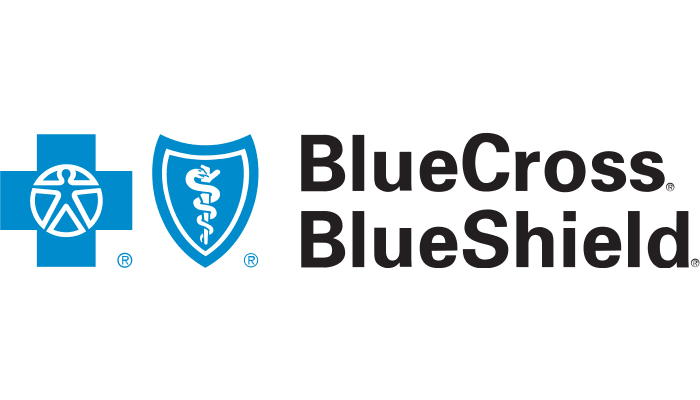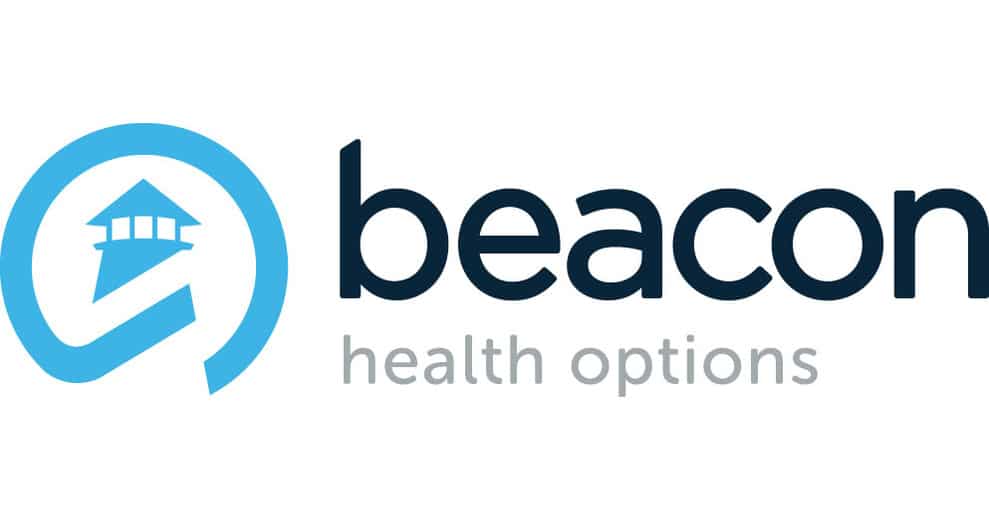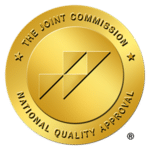Table of Contents
Dual diagnosis refers to the presence of both a mental health disorder and a substance use disorder. It is estimated that between 25-50% of individuals with a substance use disorder also have a co-occurring mental health disorder. At West Georgia Wellness Center, we offer specialized dual diagnosis treatment and support for individuals struggling with occurring disorders.
Find the Best Dual Diagnosis Treatment in Atlanta, Georgia
Are You or Someone You Know Battling Addiction and Mental Health Challenges?
Navigating through the journey of addiction paired with concurrent mental health issues like anxiety, bipolar disorder, or depression can be tremendously complex. Such a situation is referred to as a dual diagnosis. At West Georgia Wellness Center, our dual diagnosis treatment program is meticulously tailored to empower those grappling with both substance misuse and co-existing mental health conditions to chart a successful path to recovery.
It’s essential to recognize that addiction itself is a mental health concern, and it intricately intertwines with other psychological disorders. This realization underscores the necessity for individuals with addiction and simultaneous mental health issues to receive specialized care, enhancing their prospects for sustainable recovery. Often, individuals confronting emotional challenges like anxiety and depression resort to substances as a makeshift coping mechanism, potentially leading to alcohol or drug dependence. Regrettably, such substance use typically counteracts their initial intentions. Instead of alleviating their psychological distress, drug or alcohol consumption frequently intensifies their mental health struggles, trapping them in a relentless cycle of seeking relief but continually feeling more overwhelmed.
What is Dual Diagnosis?
Addiction often interlinks with various mental health disorders. In some scenarios, a mental health issue can be the precursor to addiction, while in others, the onset of addiction triggers other mental health disorders.
Dual diagnosis signifies the simultaneous presence of two co-existing mental health conditions, with addiction frequently being one of them.
Several signs typically manifest in individuals grappling with co-occurring disorders. If you’re battling addiction and resonate with any of the listed indicators, it might be the right time to seek professional help:
History of Mental Illness or Addiction in the Family: If your lineage reveals a pattern of mental health disorders or addiction, your susceptibility to similar issues could be higher. While genetics play a role, familial tendencies are often evident.
Difficulty Envisioning Life Sans Drugs or Alcohol: If moments of genuine happiness seem distant or your memories predate your substance use, you might be contending with more than just addiction.
Exposure to Traumatic Events: Encountering or witnessing traumatic events can predispose you to mental health disorders. In many instances, substance misuse becomes a coping mechanism for handling trauma-induced conditions.
Utilizing Drugs or Alcohol as a Stress or Anxiety Reliever: If you’ve resorted to substance use to counteract anxiety or stress, there’s a likelihood that you were unknowingly masking an underlying mental health disorder with addiction.

How Common is Dual Diagnosis?
Data from the National Institute on Drug Abuse suggests that a staggering 38% of individuals with substance addiction also manifest mental health conditions. Conversely, around 18% of those diagnosed with a mental disorder at some point grapple with substance abuse. Tragically, a significant portion of individuals with dual diagnosis remains untreated. Financial constraints and reluctance to cease substance use often deter individuals from seeking necessary care.
This concurrent manifestation of substance addiction and mental health disorder is termed comorbidity. Recent insights from the Substance Abuse and Mental Health Services Administration indicate that close to 9.5 million Americans in 2019 exhibited both a discernible mental disorder and substance misuse. This figure might be an underestimate, considering the potential prevalence of undiagnosed conditions. It’s noteworthy that the majority of adults with comorbidity are male.
Furthermore, individuals with severe mental conditions—those that significantly impede daily functioning—are more predisposed to substance abuse. Surprisingly, 43% of those seeking treatment for prescription drug misuse also suffer from mental conditions, predominantly anxiety or depression.
How Does a Dual Diagnosis Treatment Program Work?
Dual diagnosis treatment programs are designed to delve deep into the underlying causes of substance abuse and mental health issues. There are generally two paths that lead individuals to require this type of treatment. Some people may start using drugs or alcohol as a way to self-medicate untreated mental health conditions. Others may find that prolonged substance abuse alters their brain chemistry, leading to the development of mental health disorders. Each person’s journey to dual diagnosis is unique and deeply personal.
In a residential dual diagnosis treatment program, the focus is on healing from the inside out. Therapists and specialists work closely with individuals to uncover and address any internal conflicts or past traumas that are fueling their substance use. By simultaneously tackling mental health and substance abuse issues, these programs aim to guide individuals towards a state of inner peace that is crucial for recovery. Successfully resolving these deep-seated issues sets a solid foundation for individuals to effectively combat their substance use challenges.
What are the Most Common Dual Diagnoses?
- Anxiety: Comprehensive, tailored, and efficacious interventions for anxiety coupled with addiction.
- Bipolar Disorder: Integrative therapy catering to both bipolar disorder and substance misuse.
- Depression: Enduring therapeutic solutions addressing both depression and addiction.
- PTSD: Specialized care for those combating addiction alongside post-traumatic stress disorder (PTSD).
- Self-Harm: Customized interventions for individuals contemplating self-harm while grappling with addiction.
- Trauma: A comprehensive therapeutic approach for trauma-induced conditions coexisting with addiction.
- Thought Disorders: Expert care addressing concurrent thought disorders and substance abuse.
Signs and Symptoms of Dual Diagnosis
Dual diagnosis denotes the simultaneous occurrence of a substance dependence and a mental health condition, each manifesting distinct signs. The specific symptoms can differ based on the substance in use and the corresponding mental health ailment.
Signs of a substance abuse include:
- Seclusion: Distancing oneself from close associates and family.
- Attention Deficit: Struggling to maintain concentration.
- Behavioral Shifts: Abrupt and noticeable changes in behavior.
- Dangerous Endeavors: Involvement in risky activities or decisions.
- Tolerance Build-up and Detox Symptoms: Developing increased resilience to the substance’s effects and suffering from its absence.
- Reliance: A growing compulsion to consume the substance to feel ‘normal’.
Signs of a mental health condition include:
- Erratic Mood Transitions: Rapid fluctuations in mood states.
- Disorientation: Feeling lost or puzzled.
- Focus Disruptions: Challenges in maintaining attention or clarity of thought.
- Performance Decline: Inability to uphold duties at work or academically.
- Social Retreat: Consistent evasion of social gatherings or communications.
- Thoughts of Ending Life: Contemplating or devising plans to commit suicide.
Recognizing these signs is imperative for an accurate diagnosis and effective dual diagnosis treatment.
If you or a loved one is struggling with any of the symptoms above call West Georgia Wellness Center today to begin your comprehensive residential dual diagnosis treatment in Atlanta.

Risk Factors of Dual Diagnosis Disorders
Dual diagnosis, where individuals grapple with both substance use disorders and mental health conditions, is more common than many realize. The National Institute of Mental Health (NIMH) notes that half of those who encounter substance use disorders will also face mental health challenges, and vice versa. Often, substance abuse can exacerbate or even trigger mental health issues.
Several factors can increase the likelihood of a dual diagnosis. These include:
- Exposure to parents or caregivers using substances as a stress response.
- Having family members with a history of substance use or mental health disorders.
- Experiencing Adverse Childhood Experiences (ACEs).
- Living in environments where substance abuse is normalized.
- Early exposure to drugs or alcohol during childhood or adolescence.
- Growing up in a stressful or traumatic environment.
- Histories of physical, emotional, or sexual abuse.
- Inadequate coping mechanisms for managing daily stress.
In many cases, addiction can be a misguided attempt to manage underlying mental health problems. For some, addiction starts as a way to alleviate distressing thoughts or emotions. Conversely, mental health disorders can develop following the use of recreational drugs that alter brain functions.
This intertwining of issues necessitates dual diagnosis treatment, especially since prolonged substance abuse can mask the root causes of addiction. Dual diagnosis treatment centers in Atlanta recognize this complexity and offer psychotherapy tailored to address these intertwined challenges.
What Comes First?
Pinpointing whether substance dependence or the mental health disorder manifested first can be challenging. There isn’t a standard trajectory, and it’s entirely feasible for both to emerge simultaneously, independent of each other’s influence.
Potential reasons behind the convergence of substance use disorders (SUDs) and mental conditions include:
- A commonality in genetic and environmental predispositions, as both conditions often have familial histories.
- The tendency to resort to drugs or alcohol as coping mechanisms to alleviate distressing mental disorder symptoms.
- Certain mental disorders can alter brain functions, influencing the pleasurable effects derived from substances.
- Brain modifications resulting from SUDs can facilitate the emergence of other mental health challenges.
West Georgia Wellness Center offers comprehensive residential dual diagnosis treatment in Atlanta, GA, addressing the multifaceted nature of co-occurring disorders and ensuring holistic recovery.
Diagnosing Dual Diagnosis: Assessment and Evaluation
Since various combinations of co-occurring disorders exist, a universal diagnostic criterion isn’t feasible. Often, the symptoms of one condition can overshadow or intermingle with the other, making identification challenging. The most important part is to pinpoint and evaluate each disorder, leading to a tailored treatment strategy.
The first step to dual diagnosis treatment at West Georgia Wellness Center starts with an all-encompassing assessment led by our seasoned mental health specialists. This in-depth evaluation often includes an exhaustive analysis of the individual’s medical and psychiatric background, a detailed look into their substance consumption habits, and a deep dive into their symptomatic manifestations and personal experiences. Recognizing the simultaneous presence of a mental health issue and a substance use disorder is pivotal to craft an all-encompassing treatment regimen, tailored to each person’s distinct requirements.
Our devoted team at West Georgia Wellness Center prides itself on delivering compassionate and research-backed care throughout the dual diagnosis treatment journey.
Dual Diagnosis Treatment
The optimal approach to address co-occurring disorders involves simultaneous treatment of both concerns. Such a treatment strategy might encompass detoxification, therapeutic interventions, and medication. Engaging in group therapy, joining self-help communities, and undergoing family counseling can further strengthen personal bonds and cultivate a robust social support system.
Should your evaluation pinpoint co-occurring disorders, West Georgia Wellness Center will offer a comprehensive residential dual diagnosis treatment plan, which may incorporate:
- Cognitive Behavioral Therapy (CBT)
- Dialectical Behavior Therapy (DBT)
- Medication Management
- Family Therapy
- Group Therapy
- Individual Therapy
- Holistic Therapy
- Neurofeedback Therapy
- Biosound Therapy
- Red Light Therapy
- Genetic Testing
- Psychiatry
- Experiential Therapy
Putting these parts together makes a strong plan for getting better. It looks at how mental health and addiction work together in a complicated way. By helping the whole person, not just one part of them, Atlanta’s top mental health treatment center helps people find their way to a happier, healthier life.

Are You a Candidate for Dual Diagnosis Treatment?
Determining whether you or a loved one requires dual diagnosis treatment can be a complex process. At West Georgia Wellness Center, we conduct a comprehensive assessment during admission to identify the most effective treatment approach for each individual. Our treatment plans are dynamic and regularly adjusted to help our patients achieve their recovery goals.
Recognizing the symptoms of co-occurring disorders is vital. Here are some signs to be aware of:
- Misuse of Prescription Drugs: This includes using medication differently from the prescribed manner or doctor shopping for prescriptions.
- Dependence on Substances: Feeling a compulsion to drink or use drugs to get through the day is a warning sign.
- Withdrawal Symptoms: Experiencing physical symptoms like nausea, headaches, or insomnia when not using substances.
- Concentration Difficulties: Challenges with focusing or staying on task.
- Emotional Instability: Experiencing severe or unexplained mood swings.
- Behavioral Changes: Noticing sudden, uncharacteristic changes in behavior.
- Engaging in Risky Behaviors: Involvement in activities like driving under the influence or unsafe sexual practices.
- Legal or Financial Problems: Issues arising due to substance use.
Dual diagnosis treatment is essential for effective and lasting rehabilitation. Individuals struggling with addiction often face both physical and psychological challenges. Severe withdrawal symptoms and intense cravings can make the journey to sobriety arduous. Additionally, mental health issues can serve as triggers for addictive behaviors, especially when both disorders are not adequately addressed.
Overcoming addiction requires the development of healthy coping skills. At West Georgia Wellness Center, our residential dual diagnosis treatment programs are designed to address both addiction and mental health issues concurrently. This integrated approach is key to achieving long-term recovery and maintaining sobriety.
Residential Dual Diagnosis Treatment
Residential dual diagnosis treatment offers a comprehensive approach to simultaneously address both mental health conditions and substance abuse issues in a structured, home-like environment.
By opting for residential mental health treatment, individuals receive targeted care that delves into the underlying psychological challenges, ensuring they get the support and tools they need to manage their mental well-being.
Concurrently, the residential substance abuse treatment component focuses on helping individuals overcome their addiction patterns, providing detoxification and therapeutic interventions tailored to their unique needs.
West Georgia Wellness Center in Atlanta, specializes in such integrated care, offering a sanctuary for those seeking to heal and rebuild their lives with the help of expert professionals in a supportive community setting.
Benefits of Residential Dual Diagnosis Treatment
When it comes to co-occurring disorders, swift and informed action is crucial. Residential treatment stands out as the most supportive option for those facing the challenges of a dual diagnosis. Without timely intervention, the spiral of deteriorating mental health and substance use can accelerate.
West Georgia Wellness Center recognizes that residential dual diagnosis treatment offers the best foundation for sustained recovery. By providing integrated care, we cater to the complexities of each individual, facilitating a comfortable yet effective path to recovery. Addressing both mental health and substance use simultaneously lays the groundwork for a comprehensive revival of well-being.
At West Georgia Wellness Center, we pride ourselves on offering a diverse array of therapeutic options within a resource-rich setting. The advantage of dual diagnosis residential treatment is the immediacy of assistance available.
Our dual diagnosis treatment program includes but is not limited to:
- Around-the-Clock Professional Support: Our clients have 24/7 access to clinical and specialized care.
- A Paced Recovery Journey: The recovery process here respects each individual’s pace, eliminating the rush to heal.
- A Nurturing Community: Our environment is tailored to foster positive change and compassionate care.
- Customized Treatment Approaches: We ensure that treatment is as unique as the individual, catering to their specific needs.
- Trust-Building Relationships: We cultivate deep trust between our clients and their caregivers, vital for healing.
- Peer Support Networks: During their stay, clients engage with others in similar situations, forming supportive bonds and learning collaboratively.
Does Insurance Cover Dual Diagnosis Treatment?
Many individuals utilize health insurance for dual diagnosis treatment costs. However, coverage varies based on several elements, such as:
- Your insurance company.
- The details of your insurance policy.
- The selected treatment facility.
- The required treatment services.
How long is the average length of stay for Dual Diagnosis Treatment?
Effective dual diagnosis treatment plans prioritize the patient’s pace. While many addiction and mental health rehab centers have an average duration of 30-40 days, this may not be sufficient to comprehensively tackle two coexisting disorders. Facilities offering extended stays often report better success rates in ensuring sustained recovery for their clients. Though each dual diagnosis case is unique, a 90-day treatment period is generally a commendable benchmark.

Find Effective Dual Diagnosis Treatment in Atlanta Now
Don’t let dual diagnosis hold you back from living a fulfilling life. If your looking for a “Dual Diagnosis Treatment Near Me” look no further, at West Georgia Wellness Center, our professional and compassionate team is dedicated to helping individuals overcome their co-occurring disorders and achieve lasting mental wellness.
With our personalized care approach, evidence-based therapies, and multiple therapeutic program choices, we are here to support you every step of the way on your journey toward recovery. Reach out to us today and take the first step toward finding effective residential dual diagnosis treatment in Atlanta. Together, we can help you regain control over your mental health and embrace a brighter, healthier future.
